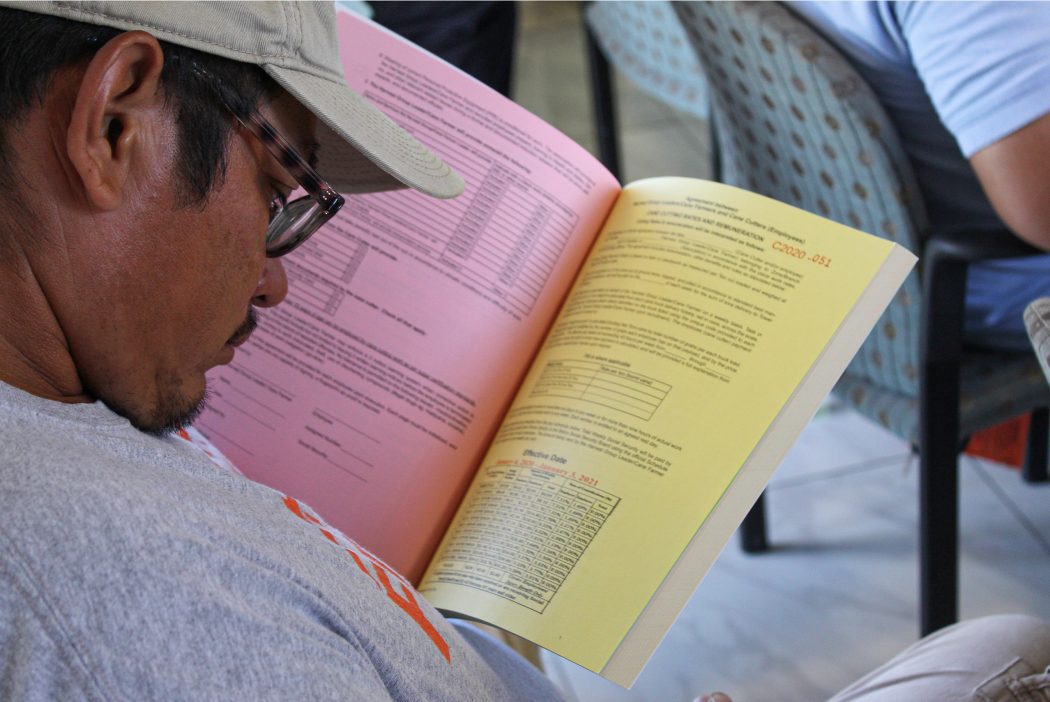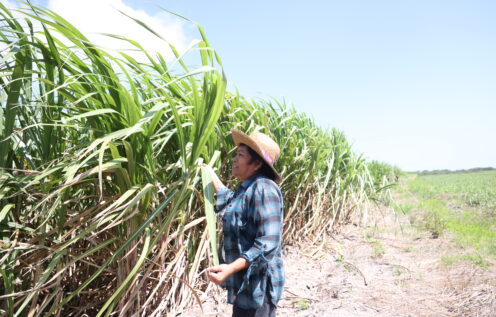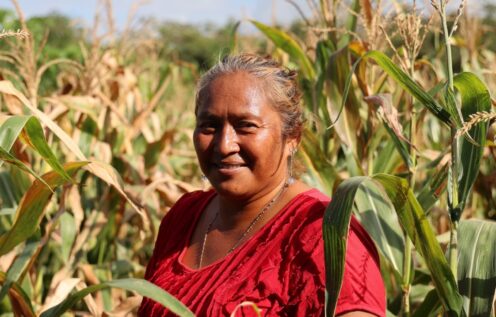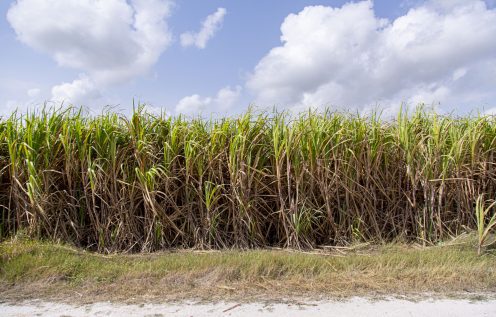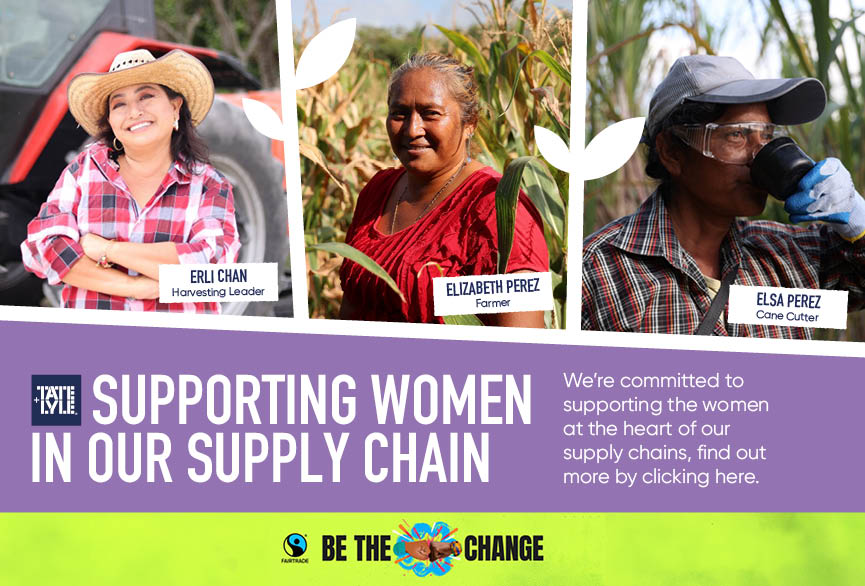14/10/2022 Case study
Belize is one of Tate & Lyle Sugars’ largest suppliers of raw cane sugar. Cane farming in Northern Belize employs large numbers of seasonal workers, particularly during the harvest. Workers are employed by smallholder farmers and would typically work without written contracts. A project, part funded by Co-op, aimed to formalise hiring and working practices in the smallholder cane farming sector during harvesting, by developing easy to use written contracts to replace word of mouth agreements.
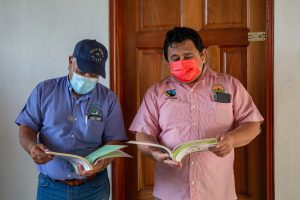 Approximately 2,640 cane cutters and 264 reaping group leaders across the industry are benefitting from the project. The success of the project was highly dependent on successful collaboration by a range of stakeholders throughout the development of the cane harvesters’ contract.
Approximately 2,640 cane cutters and 264 reaping group leaders across the industry are benefitting from the project. The success of the project was highly dependent on successful collaboration by a range of stakeholders throughout the development of the cane harvesters’ contract.
As part of our due diligence under the UK Modern Slavery Act, Tate & Lyle Sugars arranged for 80 stakeholders from the Belize sugar industry (farmers, reaping group leaders, farmers’ associations, employees of the mill and members of the government) to participate in training run by the International Labour Organisation on forced labour risk indicators.
Small focus groups of cane cutters and reaping group leaders met to discuss their perspectives on forced labour risks and then at further workshops, representatives identified the hiring process and health and safety as key priorities, proposing employment contracts and provision of health and safety training and personal protection equipment as potential solutions.
In designing the contract booklets, great care was taken to ensure the content was acceptable to the target groups, whilst ensuring compliance with the law, Fairtrade Standards and ASR Group policies.
“The success of this project is based on collaboration; through its inception, design and implementation. This enabled us to design the contract to be as user-friendly as possible while at the same time respecting the requirements of Belizean law, Fairtrade standards and ASR Group’s own standards”
Julia Clark, Director Sugar Ethics, Tate & Lyle Sugars
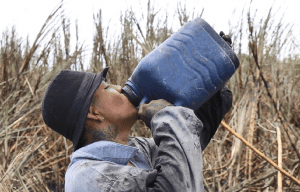
Following a series of workshops with stakeholders, consultation with Belizean Government departments of Labour and Social Security and consultation with CLAC (Latin American and Caribbean Network of Fairtrade Small Producers and Workers) on behalf of Fairtrade, contract booklets were printed and an in-field pilot scheme took place during the 2020 crop. Incorporating feedback from the pilot, contract booklets were reprinted and distributed at the beginning of the 2021, officially formalising the previously informal agreements and practices for the first time.
The response to the written contracts has been overwhelmingly positive from both employees and employers. Improvements include increased clarity of work activities, safer working conditions for employees due to the provision of personal protective equipment (PPE), reduction in accidents and injury and child labour prevention. The project has also been an important step in addressing the lack of awareness of the legal requirements and Fairtrade’s expectations of the role of an employer.
Contracts with workers are now mandatory under Fairtrade standards, which will underpin their ongoing use and will benefit workers across the wider sugar cane industry in Belize.
